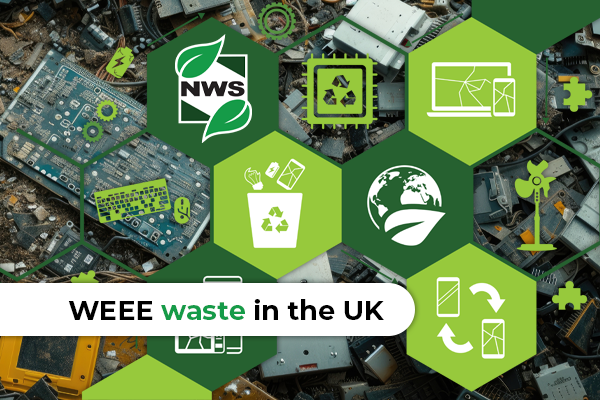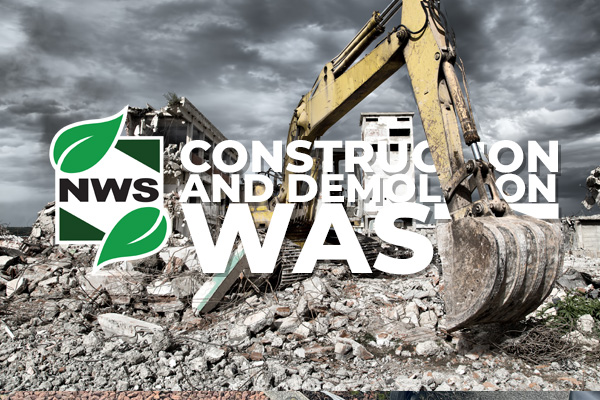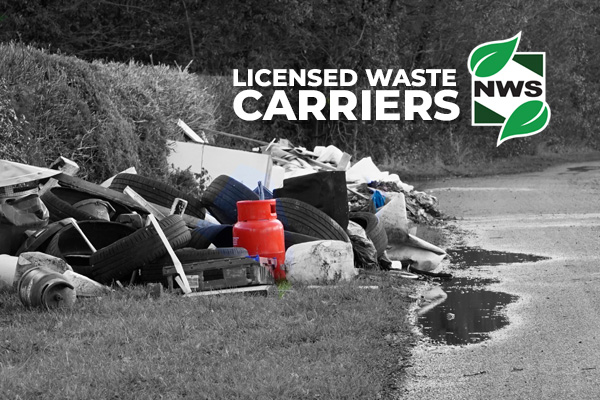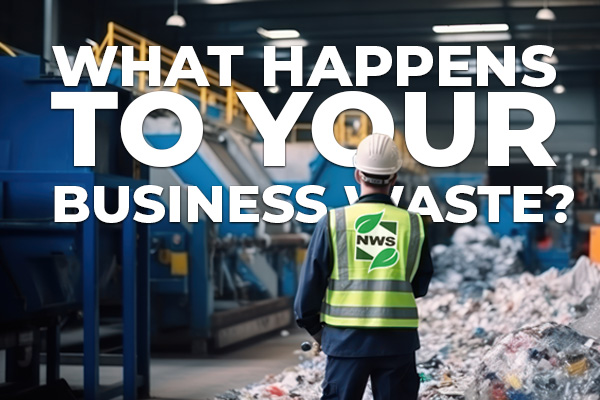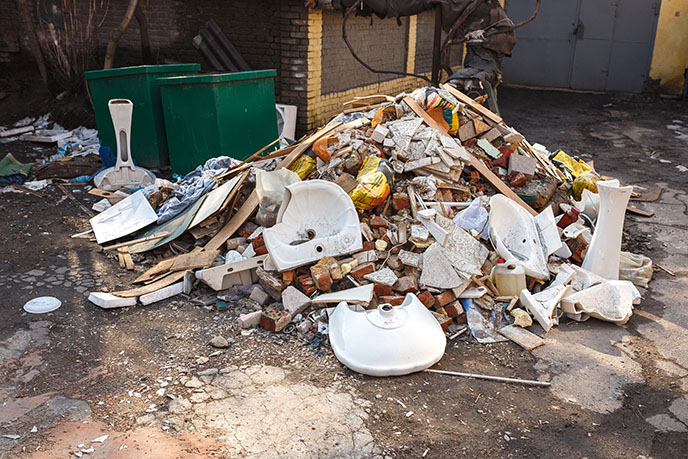
The construction industry stands at a pivotal crossroads as Modern Construction forced to Embrace the Circular Economy. Faced with the daunting challenge of environmental degradation and depleting resources, modern construction companies are compelled to rethink their approach to materials handling. This paradigm shift is underscored by the adoption of sustainable practices, embracing the circular economy, and diverting materials from landfills. This article delves into the evolution of construction practices, highlighting the shift from generating waste to creating recyclable materials. It explores the responsibilities of a modern construction company in ensuring environmentally responsible materials handling and the profound impact of these practices on reducing the industry’s environmental footprint.
The Transition: From Waste Generation to Circular Economy
Historically, construction projects were synonymous with generating colossal amounts of waste. However, the advent of the circular economy concept has revolutionized the industry’s approach. This section explores the fundamental principles of the circular economy and its integration into modern construction practices. It delves into the significance of reusing, recycling, and repurposing materials to minimize waste generation.
RORO Skips: Revolutionizing Waste Management
Roll-on/roll-off (RORO) skips have emerged as a game-changer in construction waste management. This section elucidates the functionality of RORO skips and their role in efficient waste collection and segregation. It discusses how these skips streamline the process, ensuring that materials are diverted from landfills and channeled towards recycling facilities, thus promoting a sustainable construction ecosystem.
Responsible Materials Handling: A Core Responsibility
A modern construction company’s responsibilities extend far beyond project completion. This section delineates the core responsibilities associated with materials handling, emphasizing the importance of accountability and transparency. It discusses the implementation of stringent waste management protocols, staff training, and the adoption of cutting-edge technology to optimize materials handling processes.
Case Studies: Exemplary Companies Leading the Way
Highlighting real-world examples, this section showcases construction companies that have successfully embraced sustainable practices and responsible materials handling. It explores their innovative approaches, challenges faced, and the positive impact of their initiatives on the environment. These case studies serve as inspiring models for other companies aiming to tread the path of sustainability.
Environmental Impact Assessment: Measuring Success
How do we measure the success of sustainable practices in construction? This section discusses the various methodologies and tools available for conducting comprehensive environmental impact assessments. It explores the metrics used to quantify the reduction in carbon footprint, waste generation, and natural resource consumption, providing insights into the tangible benefits of adopting eco-friendly construction practices.
Challenges and Solutions: Navigating the Road Ahead
Despite the progress made, the construction industry encounters numerous challenges in its quest for sustainability. This section identifies common obstacles such as regulatory hurdles, cost implications, and technological limitations. It then delves into innovative solutions, policy recommendations, and collaborative efforts that can help construction companies overcome these challenges and foster a greener future.
Finally
The transformation of construction practices from wasteful to sustainable signifies a pivotal moment in the industry’s history. Modern construction companies bear the responsibility of reshaping the narrative, embracing the circular economy, and ensuring responsible materials handling. By diverting materials from landfills, adopting RORO skips, and being accountable for their environmental impact, these companies pave the way for a more sustainable future. As the construction industry continues to evolve, embracing these principles will not only reduce its environmental footprint but also serve as a beacon of inspiration for other sectors, ushering in an era where waste is a concept of the past, and every material holds the potential for a new life.
Find out how you can get the best waste solution for your construction company – click here.


